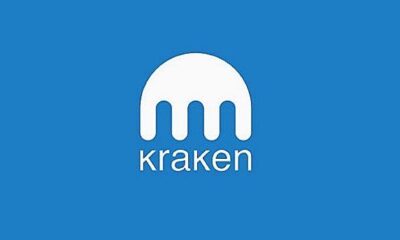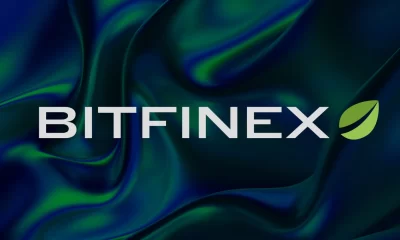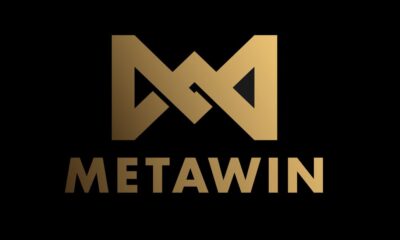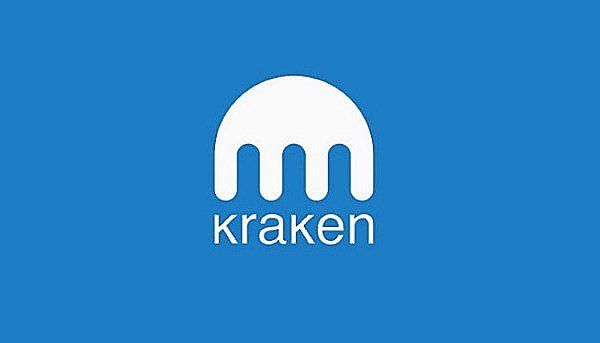News
Ukraine rolls out AI regulation roadmap
Ukraine’s Ministry of Digital Transformation presented its regulatory roadmap for artificial intelligence on Oct. 7.
-

 Business7 days ago
Business7 days agoBitcoin mining stocks rocket 24% on macro climate, AI play: Analyst
-

 News7 days ago
News7 days agoFTX estate sues KuCoin to recover over $50M in assets
-

 Business7 days ago
Business7 days agoBhutan gov’t moves $66M of Bitcoin stash to Binance as price tops $71K
-

 Business7 days ago
Business7 days agoGemini crypto exchange receives preliminary approval in Singapore
-

 Business7 days ago
Business7 days agoApple rolls out Apple Intelligence, but fails to wow AI crowd
-

 Business7 days ago
Business7 days agoMeta is reportedly building its own AI-powered search engine
-

 Business7 days ago
Business7 days agoBitcoin hits $70K amid huge ETF inflow streak
-

 Business1 week ago
Business1 week agoCoinbase to sponsor NBA team in aftermath of FTX collapse































